KATHMANDU: Experts and economists have pointed out the need for implementing the Sustainable Development Goal (SDG) by implementing its potential financial possibilities and requirements.
Since SDGs are in the process of being integrated into Nepal’s planning process, and simultaneously in the process of localization, the programs need to be initiated on time by realizing their importance, they argued.
Speaking at an interaction on ‘SDG Sub-Platform Policy Coherence and Research” organized by the Institute for Strategic and Socio-Economic Research (ISSR) in support of UNDP at the Pavilion Hall in Kathmandu, senior economist, and former ambassador Prof Dr Bishwambher Pyakuryal pointed out the requirement of 13 billion to 18 billion dollars for infrastructure development in the country.
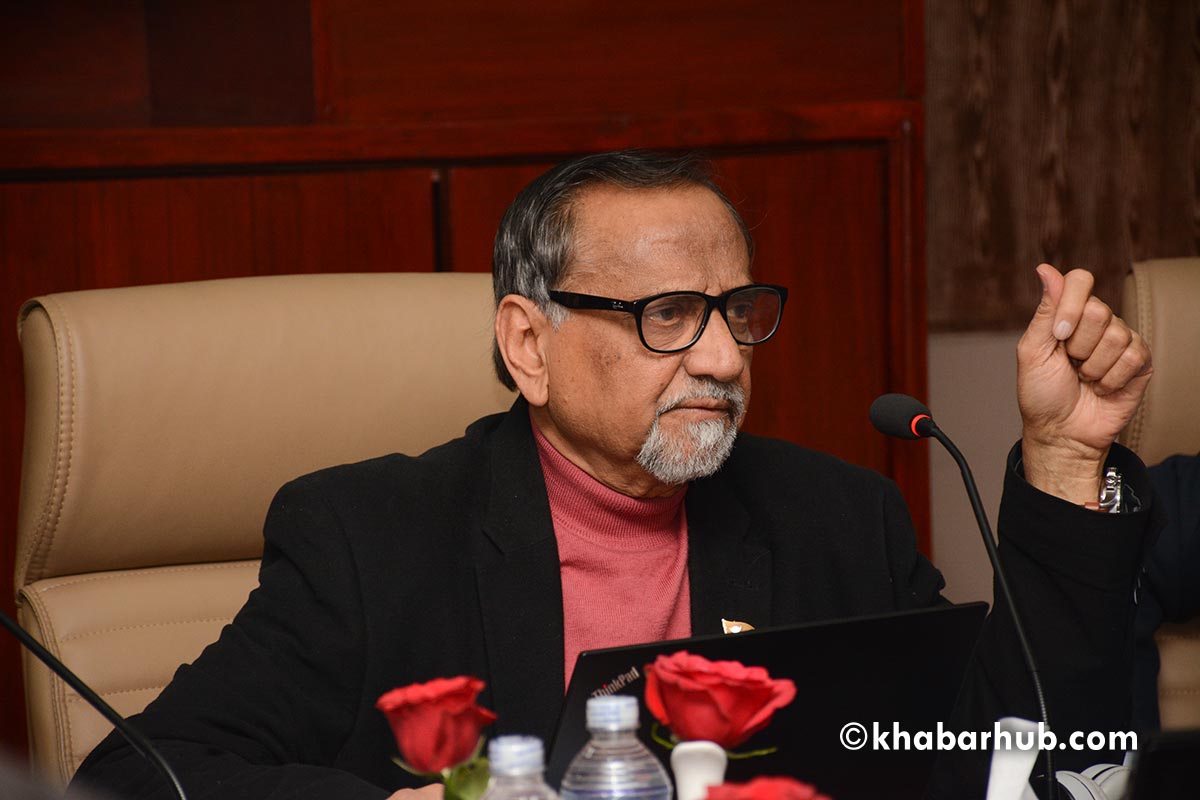
“We have a gap of 26.1 billion dollars in the energy sector,” he said while reinforcing the need for cross-sectional participation with the representation of several institutions to make it effective.
Economist and former member of the National Planning Commission (NPC) Dr Govind Nepal emphasized the need to encourage the private sector for the effective implementation of SDGs.
“Without encouraging the private sector, implementation of SDGs is not possible,” he argued referring to the acts that the government has introduced recently.
It should be noted that the private sector has invested more than the government in areas such as agriculture, energy infrastructure, transport, industry and ICT.
While the government has a stake of merely 33 percent, around 66 percent of the investment comes from the private sector.
According to him, in the energy sector, the government has a 48 percent share while the rest of the share goes to the private sector.
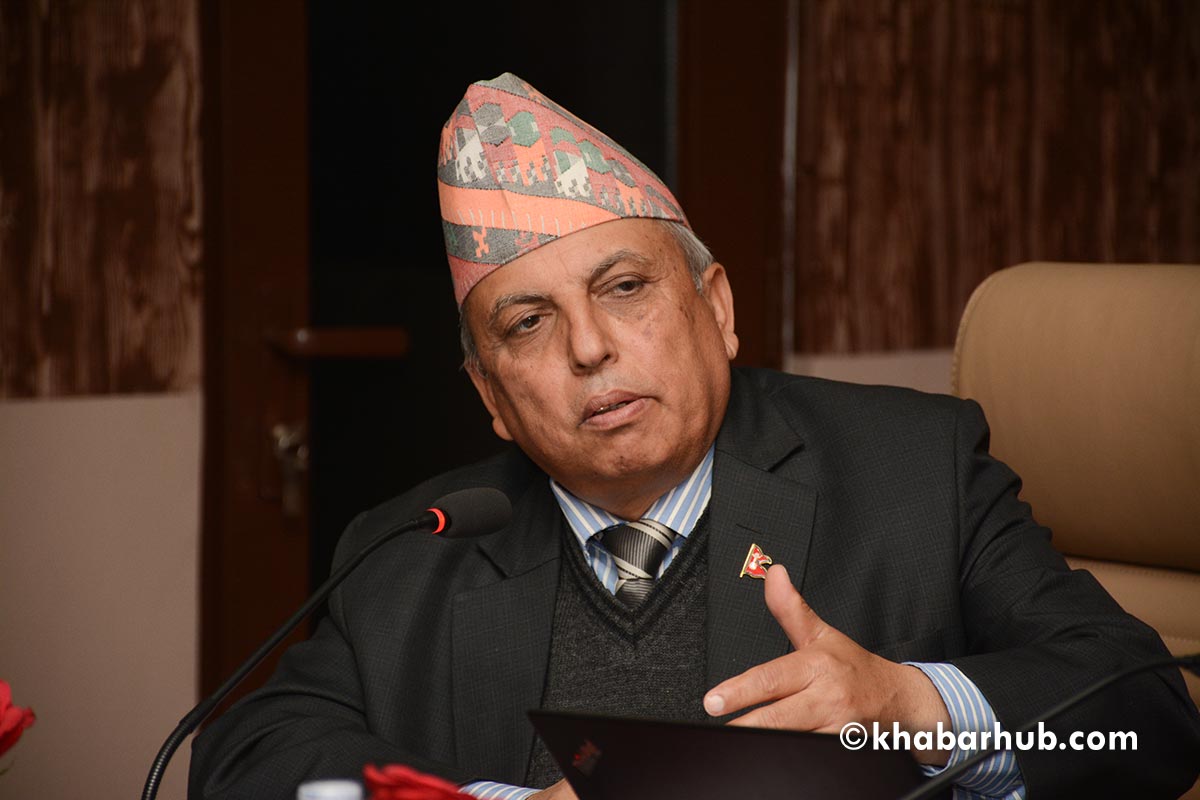
The UNDP, Dr Nepal said, is moving ahead with the process in all the seven provinces. “Since some components of SDGs, especially in sectors like education, health, environment and other local-level economic activities come within the jurisdiction of the local governments and the provincial governments, they will be incomplete if the local and provincial governments fail to integrate their plans in the sectors,” he added.
Meanwhile, expressing his views on the occasion, former Vice Chairman of NPC, Dr. Swarnim Wagle reinforced the need to implement what he said Four I’s that would lead to the ‘Fifth I’ meaning ‘implementation’.
The four I’s — identification of issues, instruments, investments, and institutions – he said, were significant for the effective execution of the SDGs in the country.
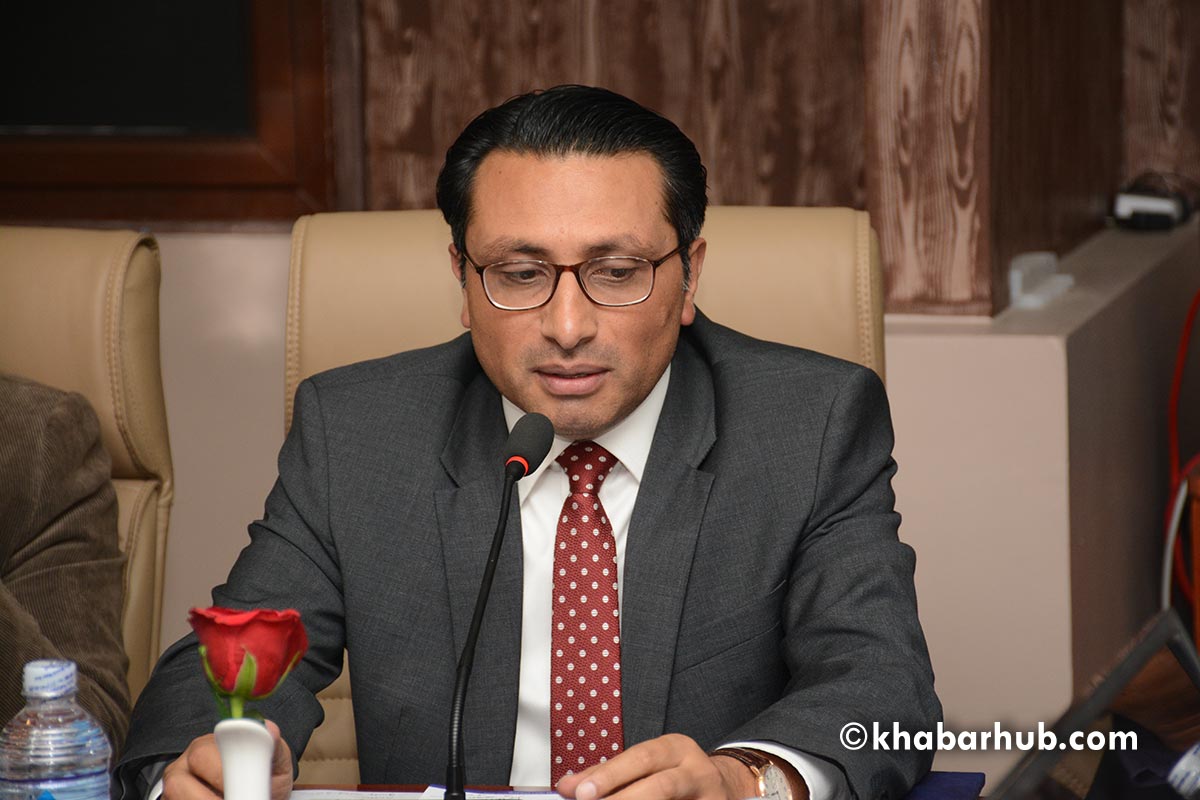
He also suggested the need to identify the priorities of the issues, which seem equally important for implementation.
“There are altogether 169 targets, and all seem equally important. Besides, we do not have unlimited resources. Therefore, we need to focus on those areas in which we already have sectoral plans,” he said suggesting focusing on agriculture, urban, tourism, manufacturing, among other sectors.
Policy Advisor, Resilience and Disaster Preparedness at the UNDP, Vijaya Singh suggested Nepali stakeholders collaborate and work in such a way that they would be able to hit the purpose that UNDP is working for.
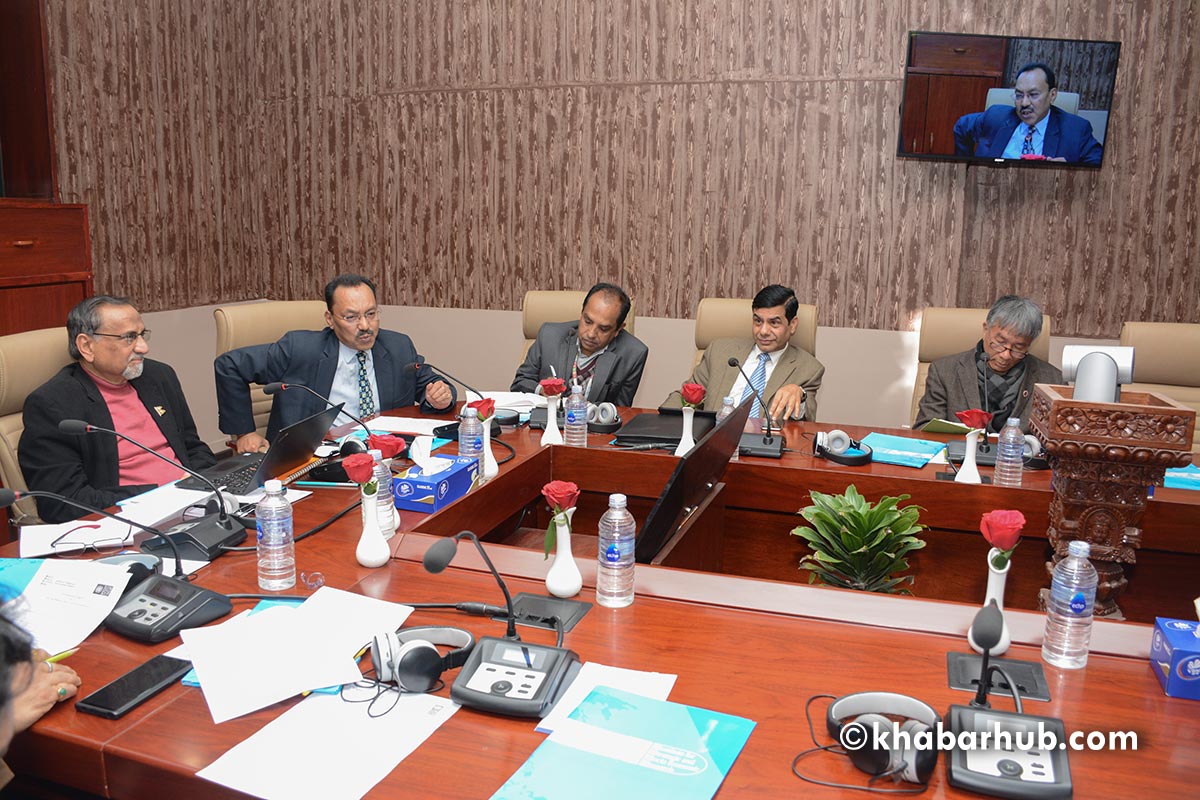
“Let’s ensure what are the green tools available while making investments, and what green tools we are using,” he said adding that a huge commitment has been made for infrastructure but “we are compromising on the rigor of infrastructure in terms of design, in terms of impact assessment”.
He emphasized a collective effort saying merely managing the contracts but failing to focus on the final output will not yield positive results.
“We need a collective effort, making an investment will have a rationale behind it. We need to target four to five areas such as green financing,” he suggested.
Naresh Shrestha, Vice President of Nepal Chamber of Commerce and member of the Board of Directors of ISSR, pointed out some of the hurdles that the private sector is facing.
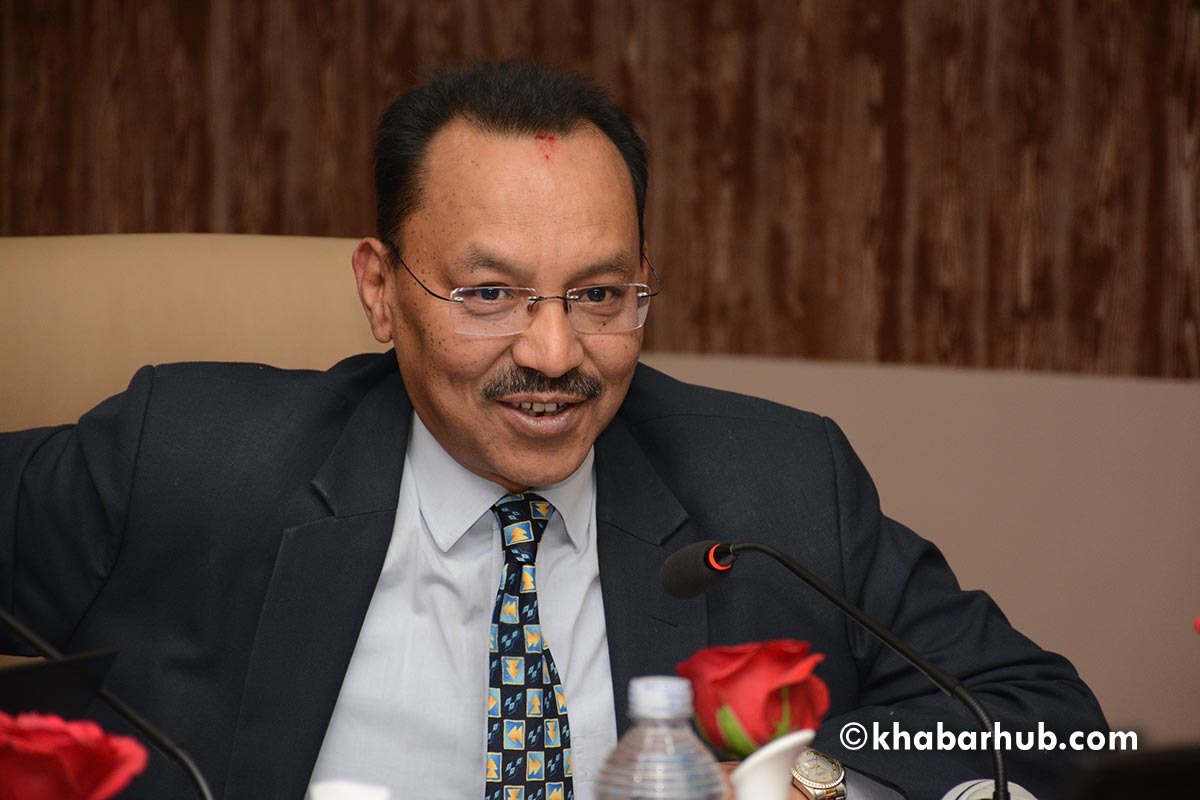
“As an entrepreneur, what I have been experiencing is that there has been a negative perception towards the private sector,” Shrestha said adding that despite positive indicators on all sectors such as the indicator of ‘Doing Business’, good governance, poverty reduction, growth in export, positive signs in import, the private sector has been feeling the pain of doing business in the country.
Shrestha also mentioned about the bureaucratic hassles and formalities that the private sector has been undergoing. For instance, he raised the issue of PAN, which does not hold any significance for the low wage workers.
Former UN Under-Secretary-General and High Representative, Gyan Chandra Acharya, said there is still a very strong debate on trade-ups and synergy.
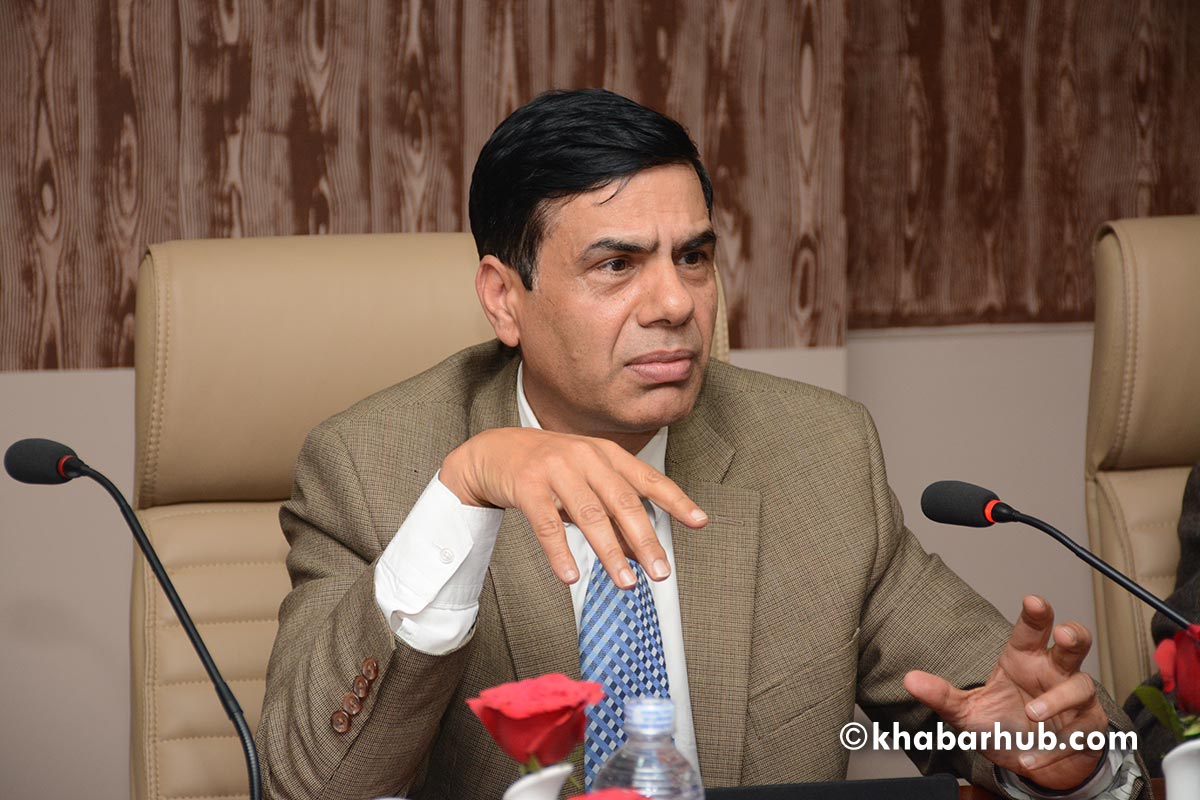
“There are misconceptions in some of the provinces in the country. It’s almost five years that SDG has come, but there has been a very limited change in our development work or projects,” he said suggesting a strong coordination mechanism to implement the SDGs.
Economist Dr Ravindra Prasad Pandey, also the Board of Directors, ISSR, said UNDP’s corporate plan deals to accelerate SDG implementation and ensure that no one is left behind a collaborative approach that addresses the existing gaps in policies and planning, service delivery and financing that has been envisioned by UNDP.
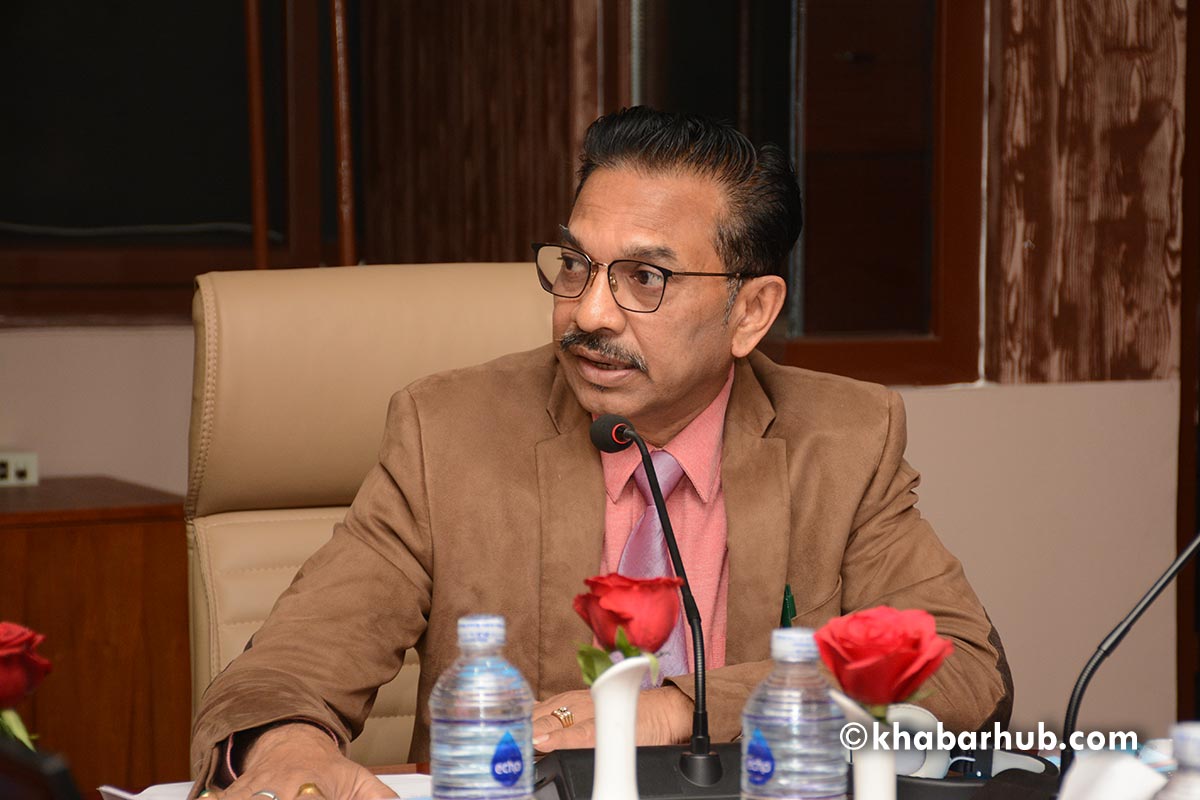
He, however, said it requires a broad cross-sectional partnership with key stakeholders that have a critical role in development including the government, banking and financial institutions, think-tanks and researchers in the country and elsewhere outside.


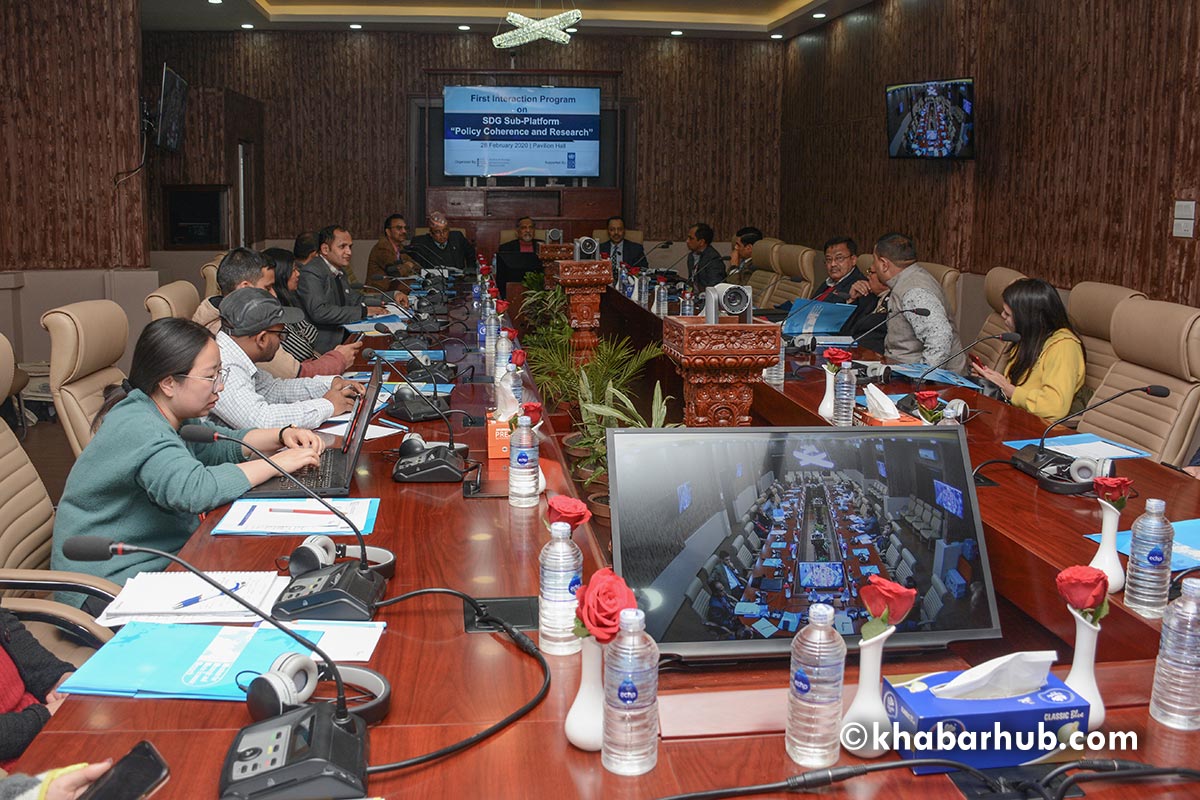


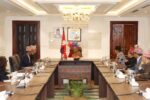

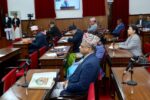

Comment